Service &
Scholarship
10 Emory stories that
inspired us in 2018
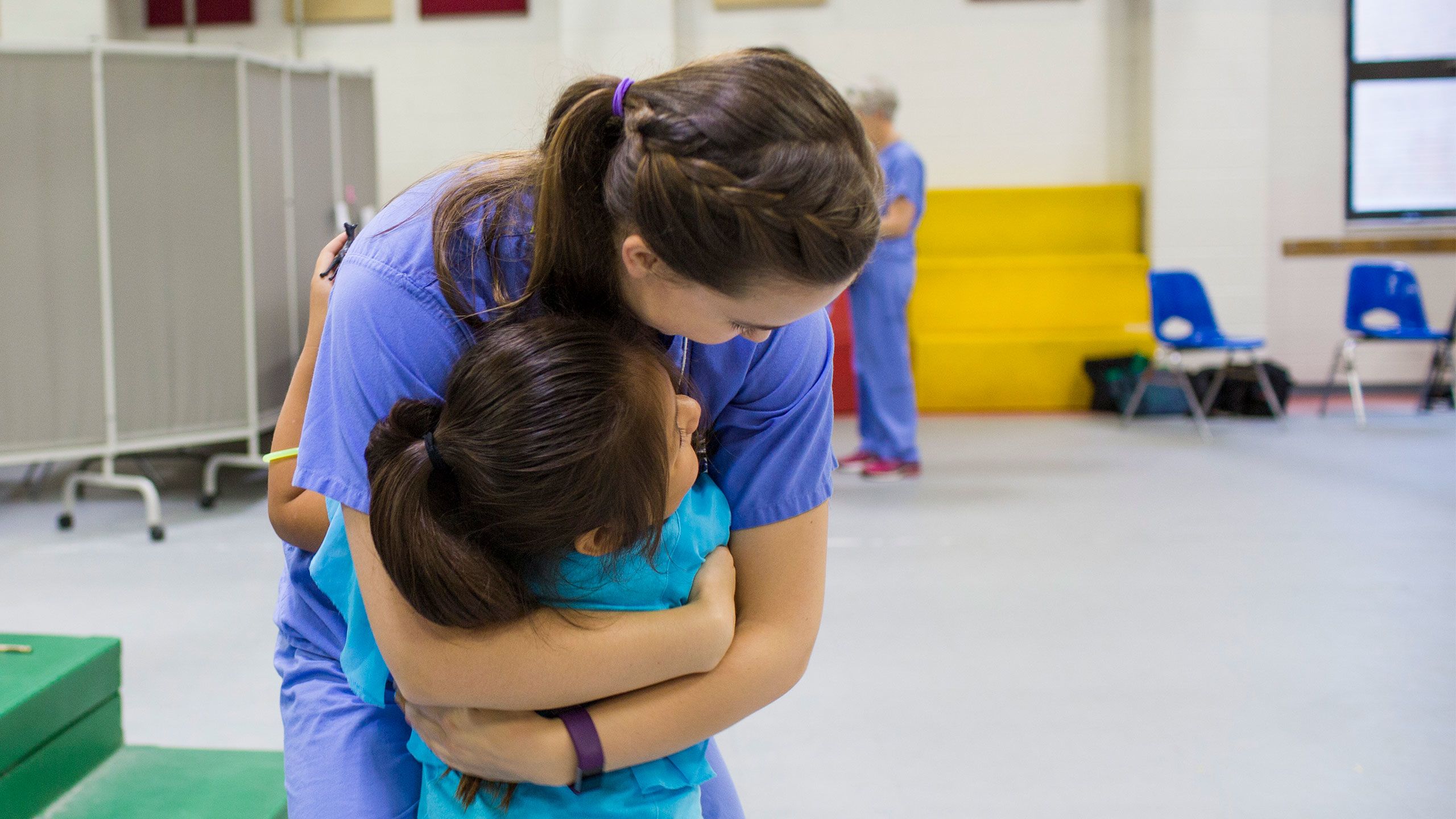
Emory's mission is to "create, preserve, teach and apply knowledge in the service of humanity." Throughout the year, the university community takes that mission to heart.
Here are 10 stories of students, alumni, faculty and families who inspired us through their service and scholarship in 2018.
1. Saving Sara
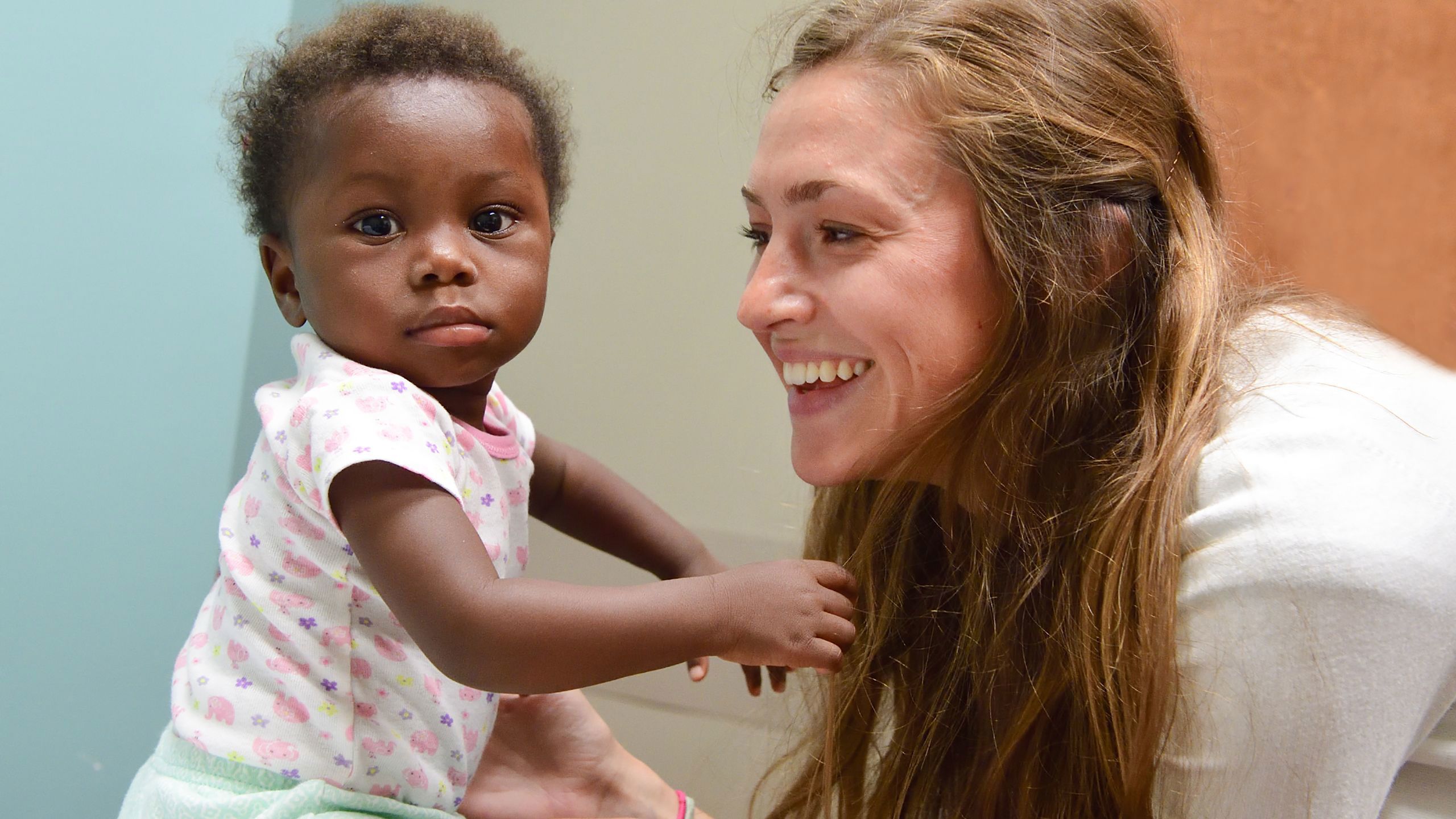
Emory medical student volunteering in Haiti helps baby in need of complicated surgery
Emory medical student Justine Broecker was volunteering in Haiti when she met an infant, Sara, with a rare birth defect.
Haiti, already one of the poorest countries in the world, had been further devastated by the 2010 earthquake. Most of its 10.5 million residents live on less than $2.50 per day, and medical resources and staff are scarce. The quake demolished 50 health centers and the ministry of health.
With Broecker's help and determination, Sara would come to Emory for the complicated surgery she needed.
2. A veteran's next mission
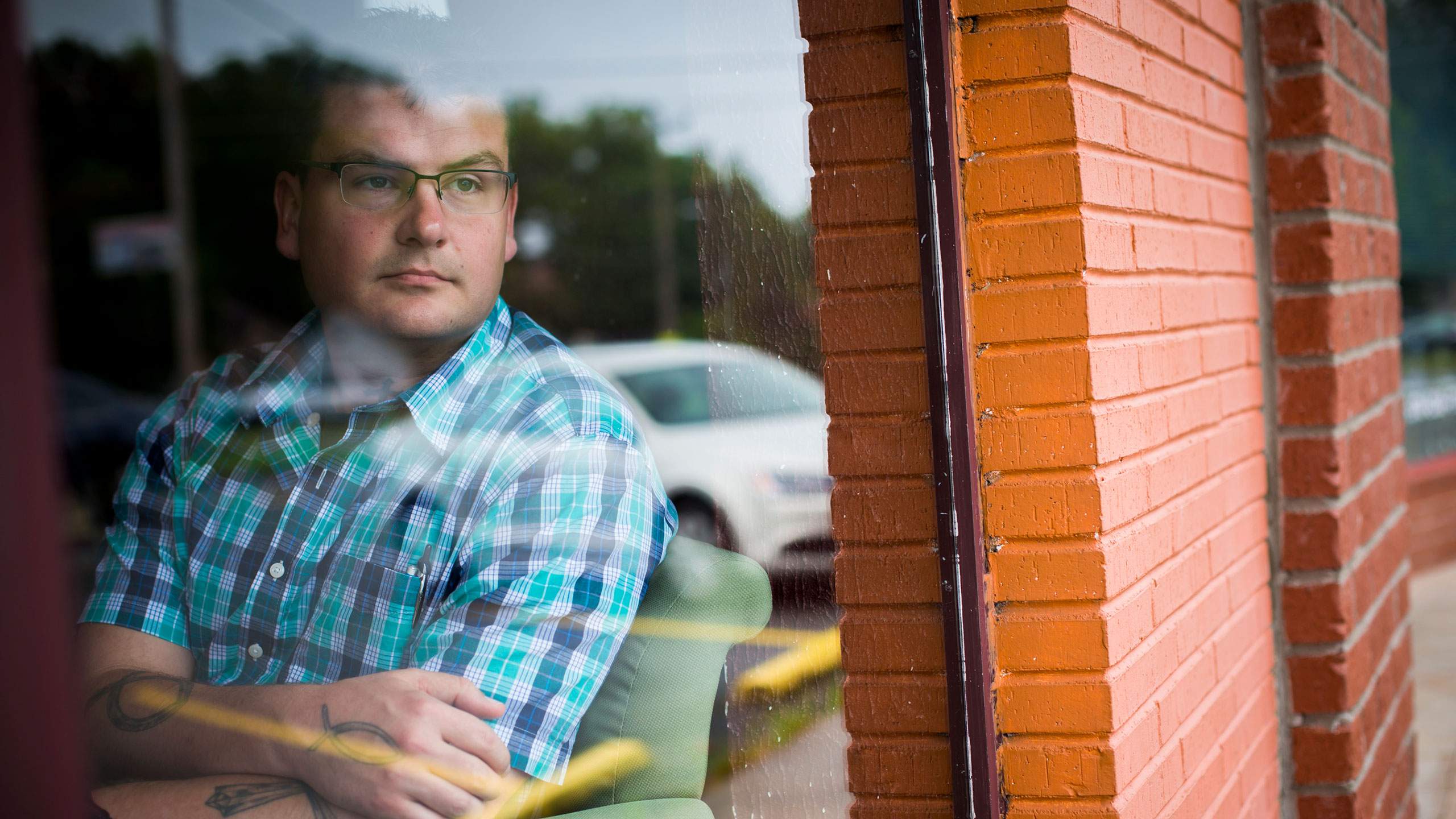
Exposed to sarin gas as a soldier in Iraq, Emory PhD student Michael Yandell now studies moral injury
For 19-year-old Pfc. Michael Yandell, a bomb disposal technician for the U.S. Army, neutralizing ordnance was another day at the office, albeit a treacherous one. Over a few months, it wasn't uncommon to see dozens of attempted bombings along the highway.
Following the 2003 invasion of Iraq by U.S. and coalition forces, the road earned many nicknames. As a main artery for supplies, the U.S. military called it "Route Irish." As a frequent point of insurgent attacks, journalists simply dubbed it "the most dangerous road in Iraq."
But for Yandell, now a theological studies PhD student in the Graduate Division of Religion at Emory's Laney Graduate School, experiences along that road — and points beyond — would become a seedbed for scholarship.
In his own words: Michael Yandell on his journey from soldier to scholar.
3. Bringing health care into communities
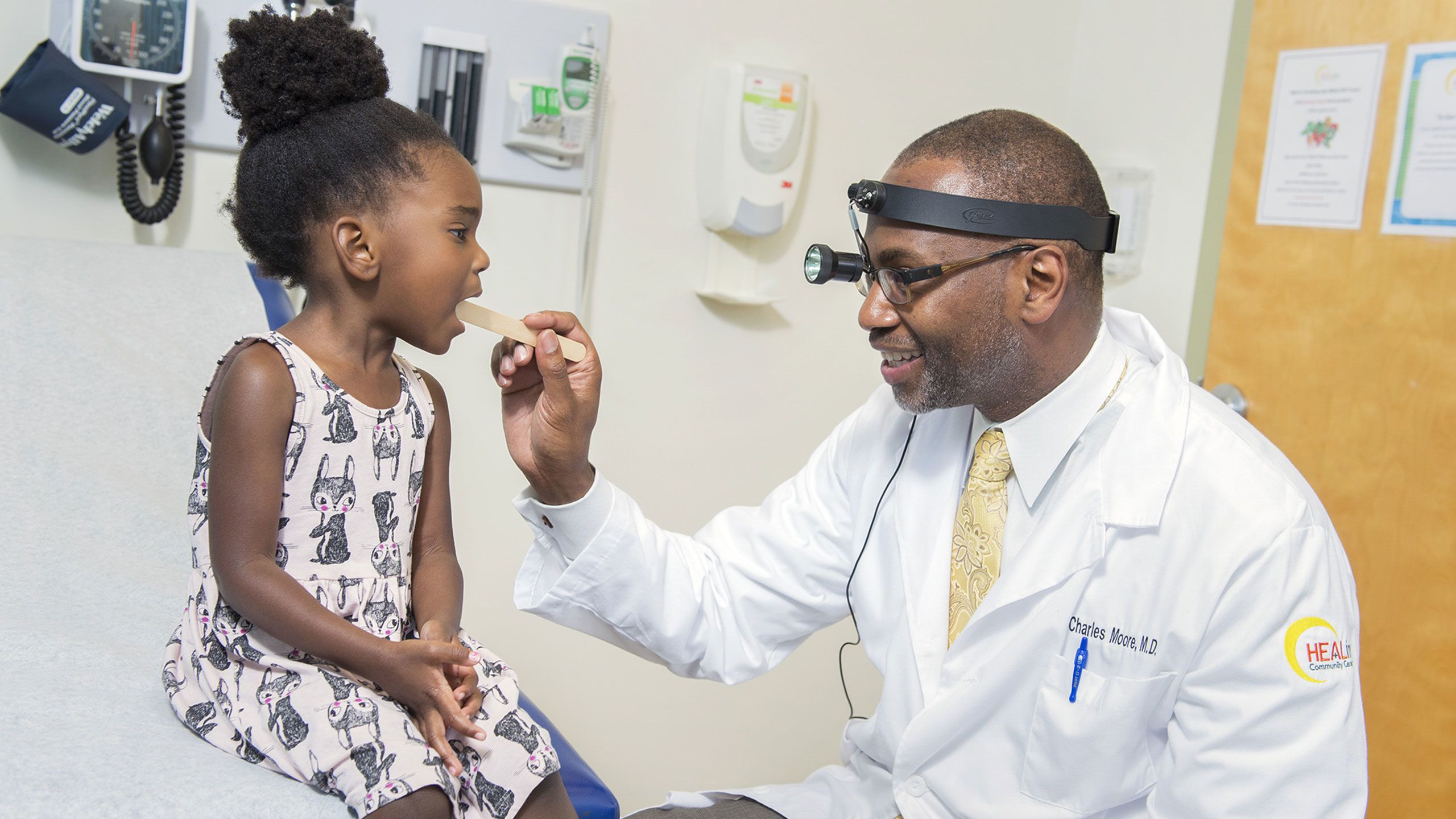
Charles Moore helps bridge the health care gap in Atlanta
When Charles Moore arrived at Emory in 1998, part of the attraction was the opportunity to gain hands-on experience working at a so-called “safety net hospital,” a facility that serves all populations, including the uninsured and underinsured, low-income and economically vulnerable.
“With the indigent care aspect, I thought it would be a great opportunity to give back,” recalls Moore, a professor of otolaryngology, head and neck surgery at Emory School of Medicine and chief of the Department of Otolaryngology for Grady Health Systems.
But the realities of seeing people not access health care soon enough haunted him. “When I kept seeing these patients over and over again who could have been helped if they had found medical help earlier, I thought, ‘Somebody needs to do something about this.’”
Finally, he decided, “Maybe it should be me.”
4. STEM stars
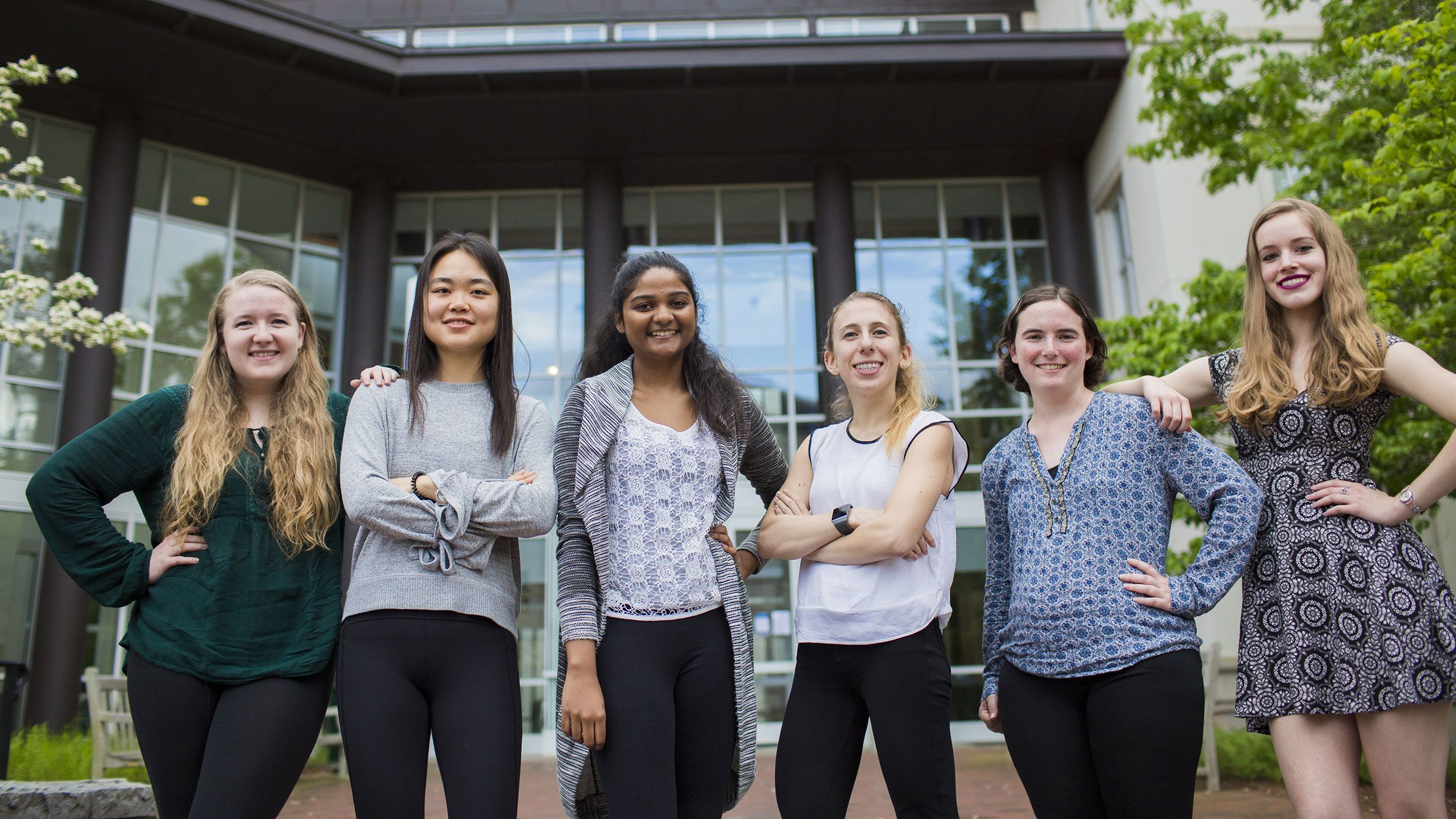
Six honors theses highlight Emory College physics
Six seniors graduated from Emory College of Arts and Sciences with honors in physics, having conducted rigorous research on scales as expansive as hints of what happens around the universe’s dying stars and as minute as the molecular mechanisms that tell our cells what to do.
The high caliber of resources at Emory as a national research university adds depth to every undergraduate’s liberal arts education. But while it is not unusual for larger departments to have so many students complete an honors thesis in a single year, having six from one of the College’s smaller departments stands out.
“It’s almost an afterthought that they are all women,” says Connie Roth, an associate physics professor. “They’ve been in the lab for years, truly doing complex physics research. That’s what’s exceptional.”
5. A grandmother's gift
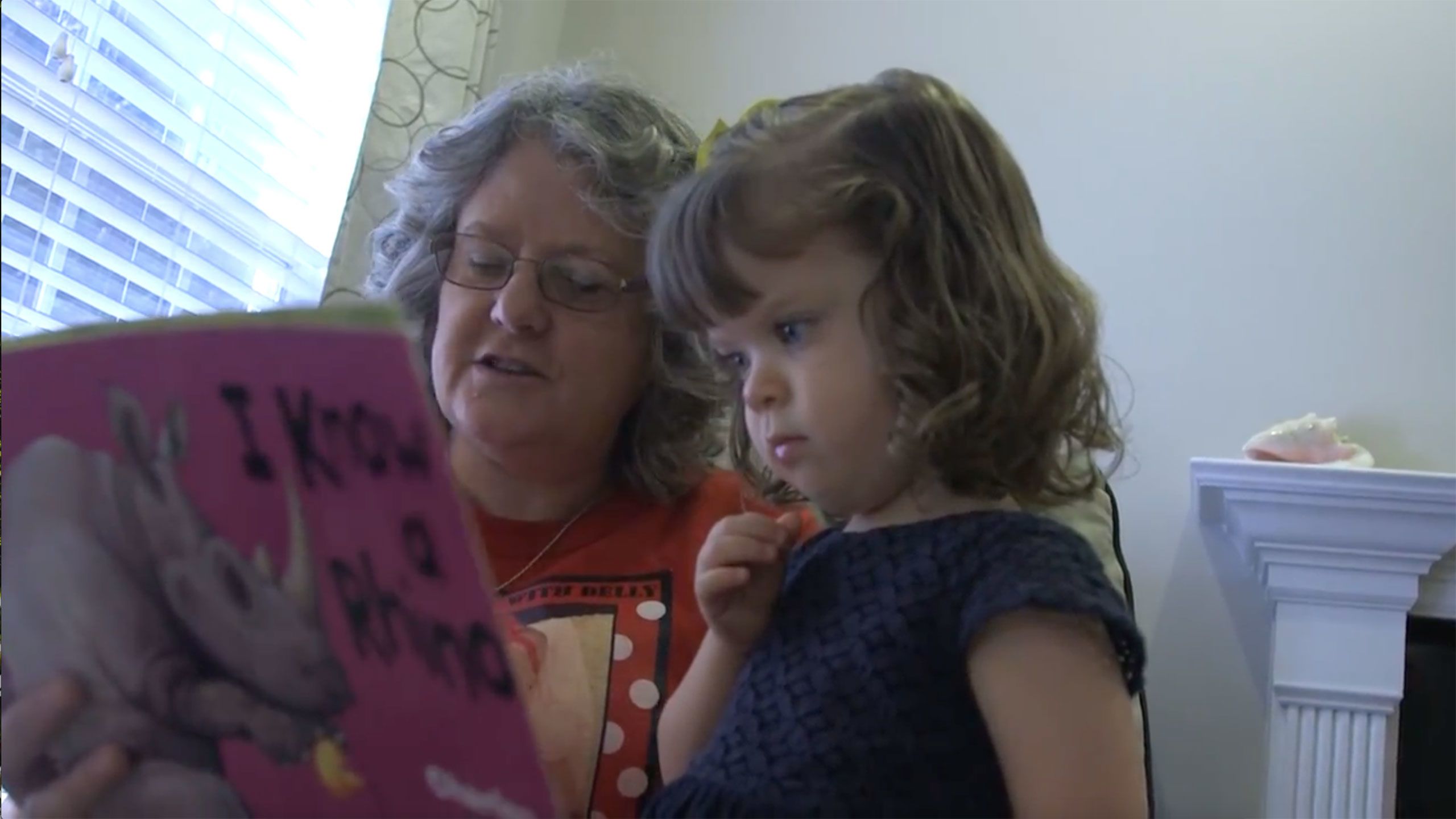
Grandmother's kidney donation garners kidney voucher for granddaughter while starting chain of kidney transplants
Jamie McNeil is Emory’s first participant in the National Kidney Registry’s Donor Voucher Program, which allows donors to donate their kidney many years before their intended recipient may need a kidney transplant. Voucher recipients receive a “virtual voucher” for a living donor kidney to redeem when and if they may need it.
The 56-year-old McNeil knew she always wanted to donate a kidney. A nurse by trade, she was aware of the benefits of living kidney donation for needy recipients. But when her twin granddaughters, Adele and Aubrey, were born two years ago, one baby was diagnosed with multicystic kidney disease. McNeil began researching how she could best help Adele, also called Delly.
Online research landed McNeil on the National Kidney Registry's voucher program site. The program gave McNeil the chance to help her granddaughter as well as a stranger who was waiting for a match on the paired kidney donor exchange wait list. The paired-donor exchange program is available for recipients who do not have a donor match, but who have a donor willing to match with someone else so their loved one can receive a kidney.
6. Promising poet
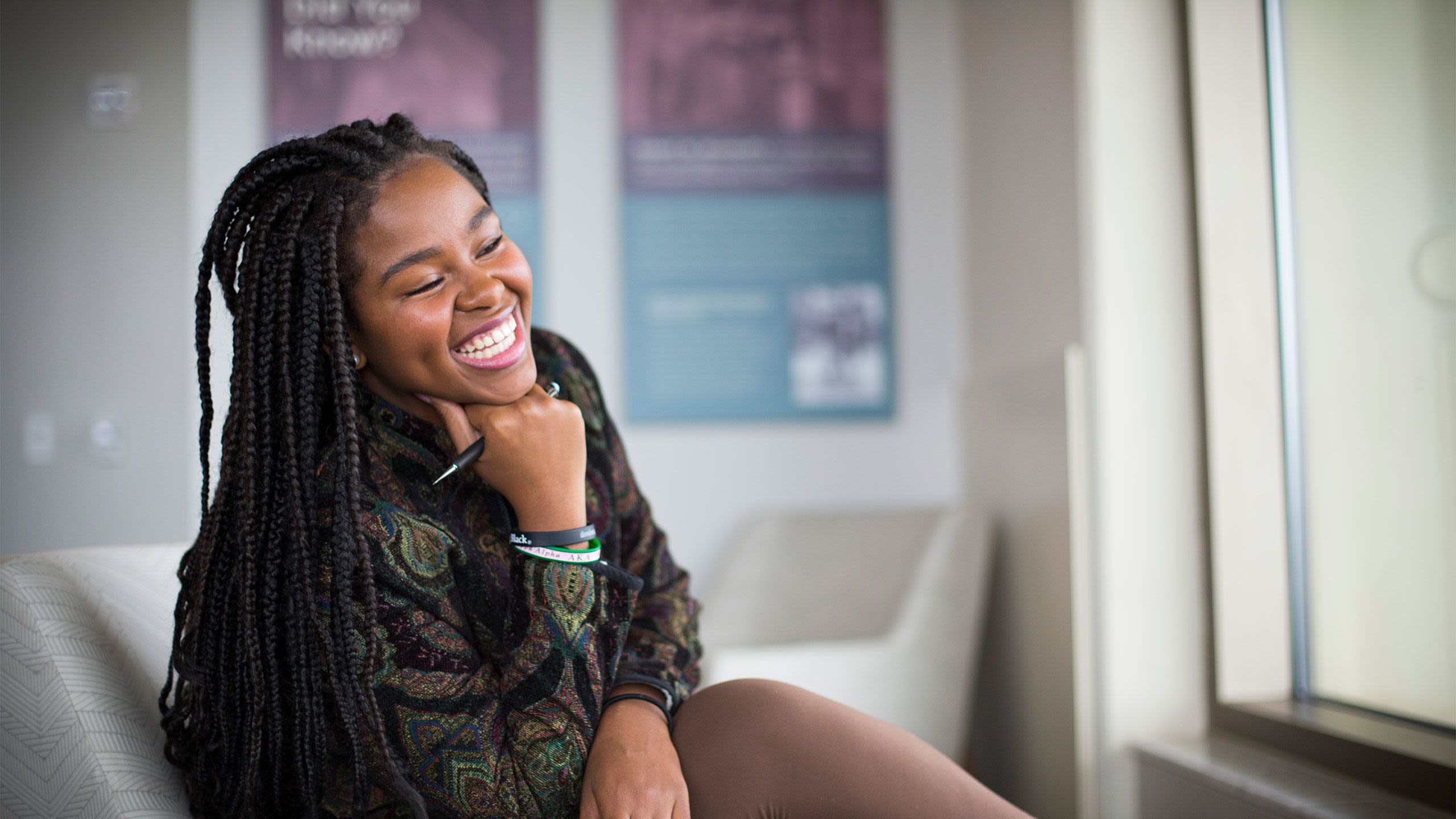
Emory senior wins national writing awards
Christell Victoria Roach was gathering fruit in her Miami yard and watching her dad swim laps when the TV broke news that Missouri police shot and killed a teen named Michael Brown.
Roach, thousands of miles away from Ferguson and enveloped by the security of family and home, suddenly felt what she describes as “heavy.” Brown was her age, 18, and also African American. He could have been her brother. He could have been her.
It took years, and careful study at Emory, to capture that physical sensation with her poem “On the End of Mango Season, and Still Falling Fruit.” The work recently won a 2018 Academy of American Poets Prize.
It was also part of a collection that won Roach this year’s Hurston/Wright Foundation Award for College Writers, an honor that puts her in professional company with acclaimed author Tayari Jones, who joined Emory as a professor of English and creative writing this year. Jones won the foundation’s award for college fiction in 2000.
Watch Christell Victoria Roach perform a selection from her poem "Rhapsody."
7. The learning fields
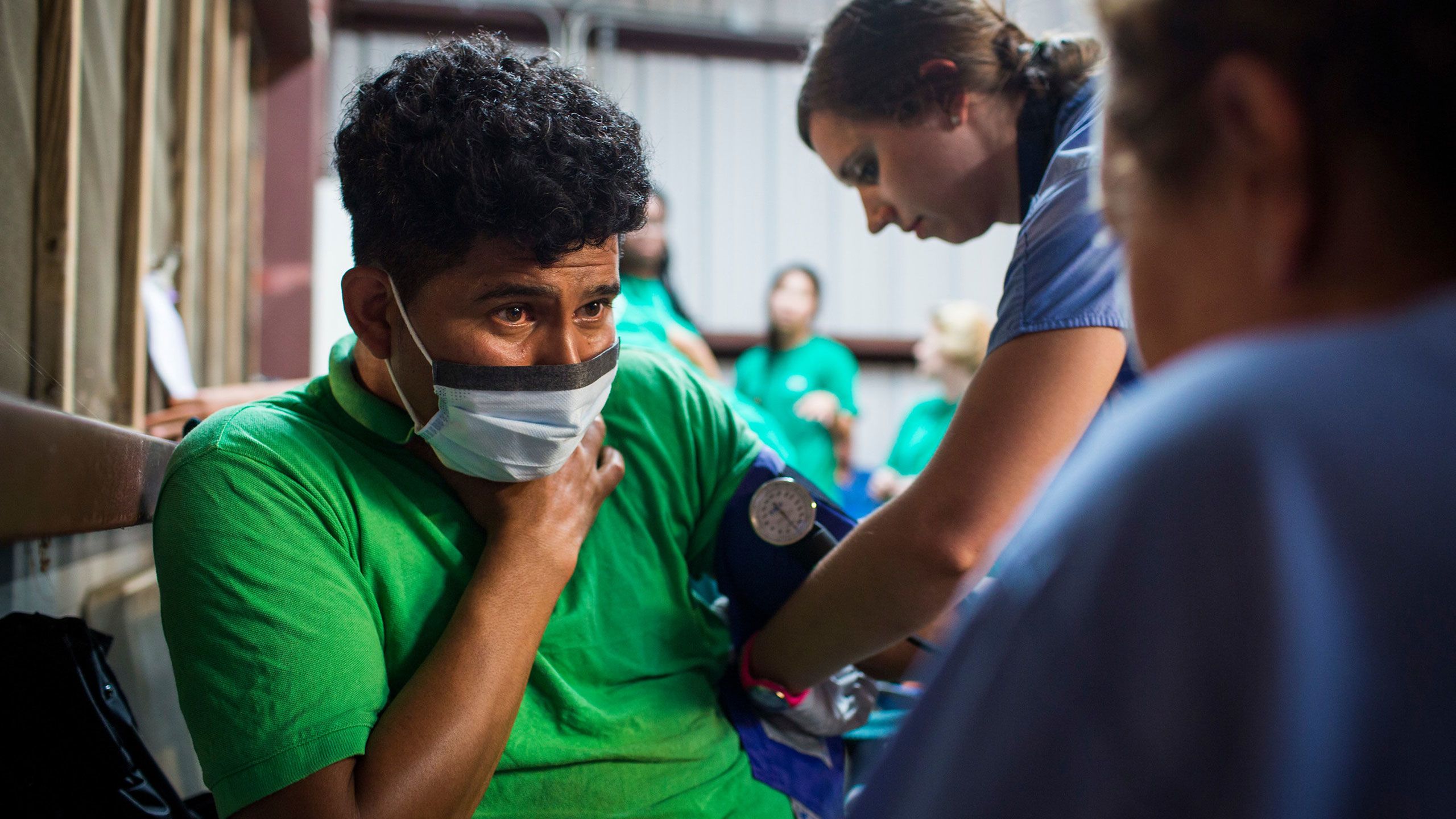
Students care for Georgia's migrant farmworkers
Judith Wold has been part of the Farmworker Family Health Program since it was founded by the nursing school at Georgia State University in 1994. When GSU discontinued the program, Wold brought it to Emory in 2002.
This past April, Wold was honored for her longtime contributions to public health nursing and social justice—which includes the FWFHP—during an Atlanta celebration honoring the memory of Dr. Martin Luther King Jr. In 2017, she was recognized by the American Public Health Association for her work with the FWFHP.
Emory is home to two successful migrant health programs—one led by the Nell Hodgson Woodruff School of Nursing, the other by the Physician Assistant Program in the School of Medicine. Both can be life-changing for students and farmworkers alike.
8. Inspiring alumni
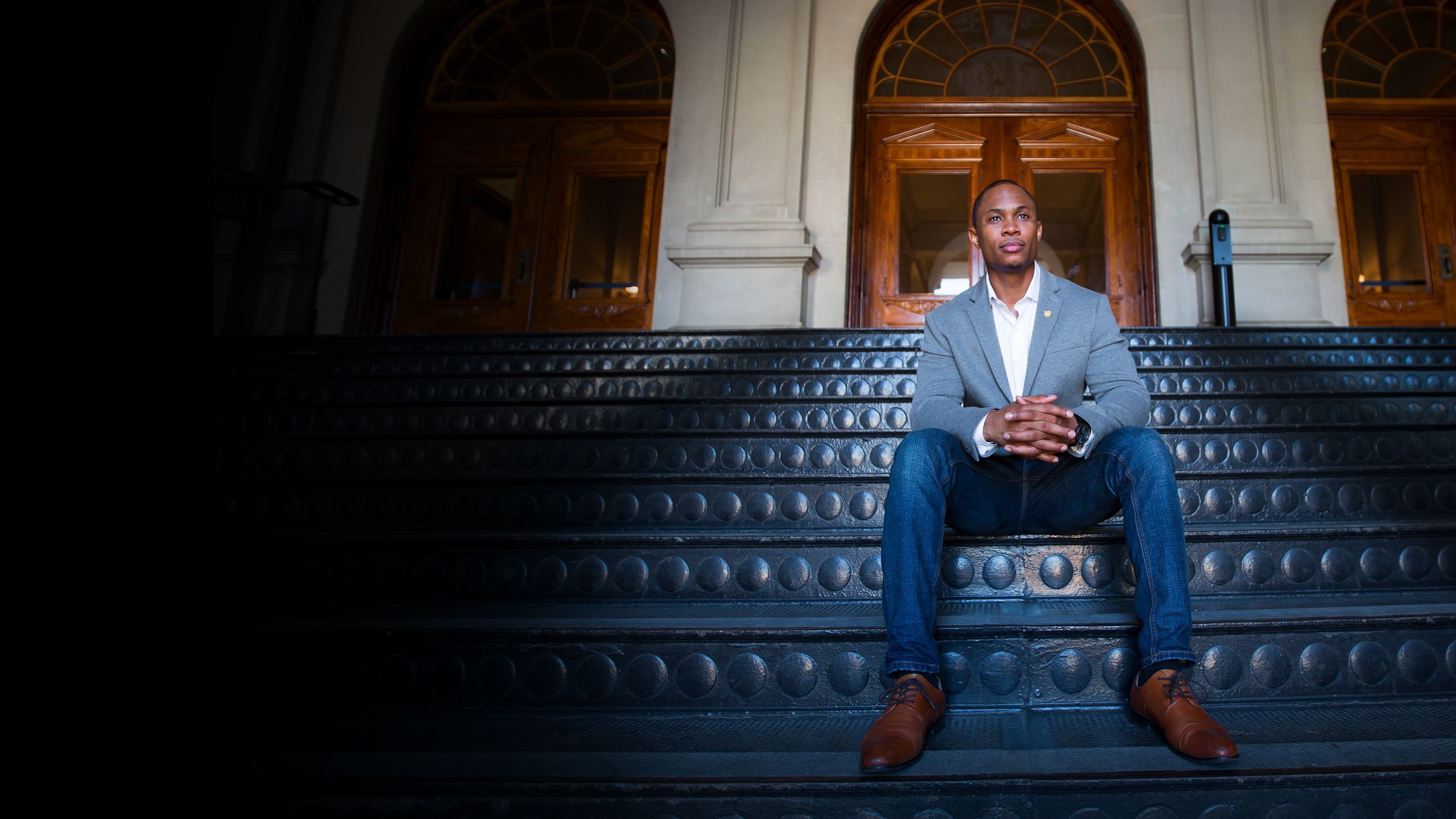
Emory alumni serving their communities
Overcoming a history marked by struggle and hardship, a doctor builds a medical career, then uses her success to care for society’s most vulnerable in her adopted country.
A young man witnesses homelessness in an island nation devastated by natural disaster, then comes back to Atlanta resolved to improve the lives of homeless people in his hometown.
Remembering his humble beginnings, an attorney graduates from one of the nation’s most prestigious law schools and makes the life-altering decision to devote himself to helping disadvantaged children pursue dreams of education and professional success.
These Emory alumni and many more have built upon a foundation they say was strengthened on Emory’s campus—to not only do well but to do good in the world.
Meet seven Emory alumni who are stepping up to serve their communities.
9. Summer of service
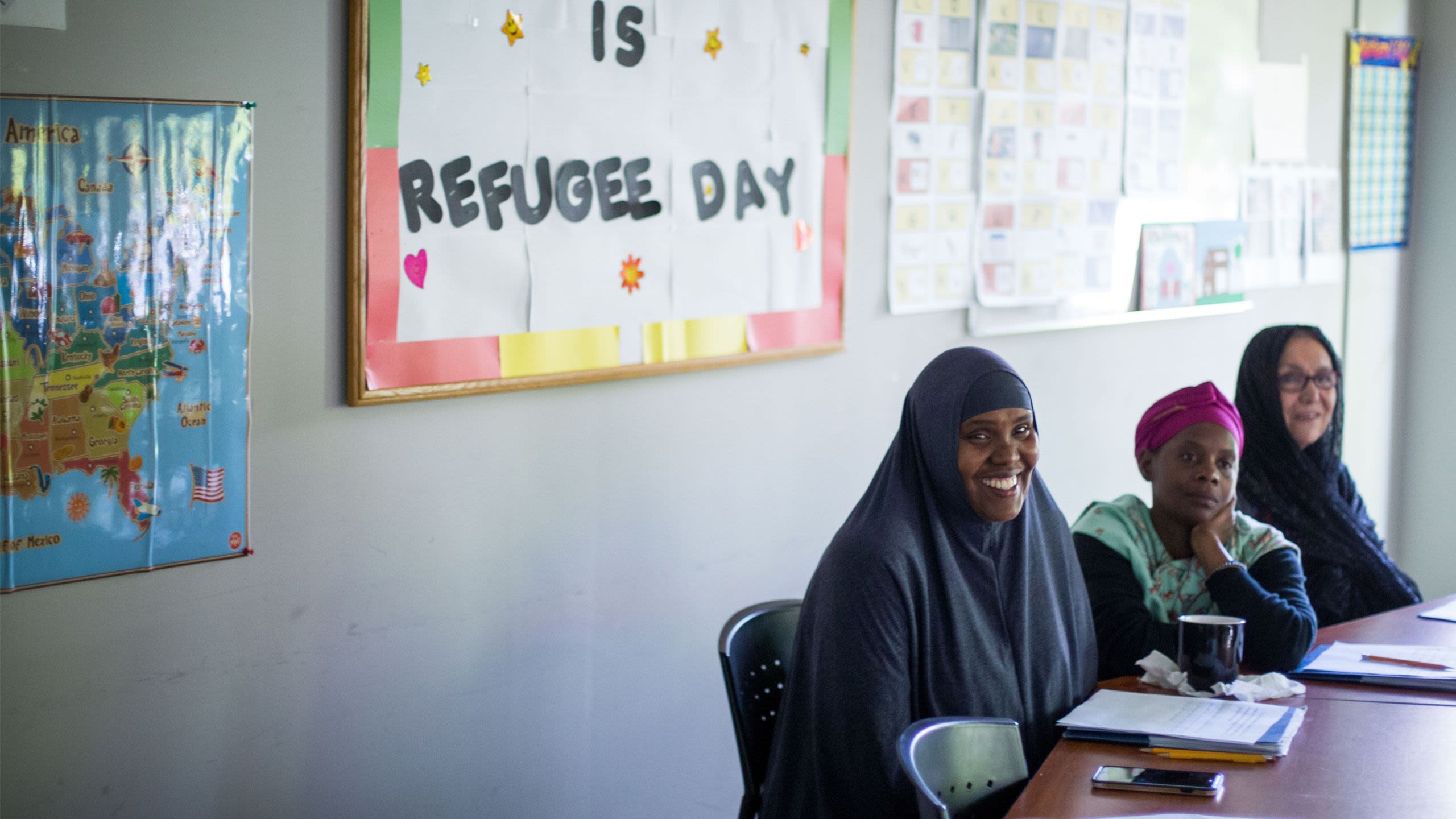
Emory students spend the summer making an impact in Atlanta
What did you do with your summer vacation? For many Emory University students, the answers are simple but profound: Connect with a community. Make a difference. Change a life.
More than 83 percent of Emory undergraduate students give their time to volunteering throughout the year, so it’s no surprise that for many, the summer of 2018 was steeped in service, as they rolled up their sleeves and plunged head-long into hands-on internships, working with community nonprofits, arts agencies and governmental organizations throughout metro Atlanta.
From teaching reading to refugees to drafting policy at City Hall, get to know nine Emory undergraduates who spent their summer serving our city, furthering their own education along the way.
10. Life unscripted
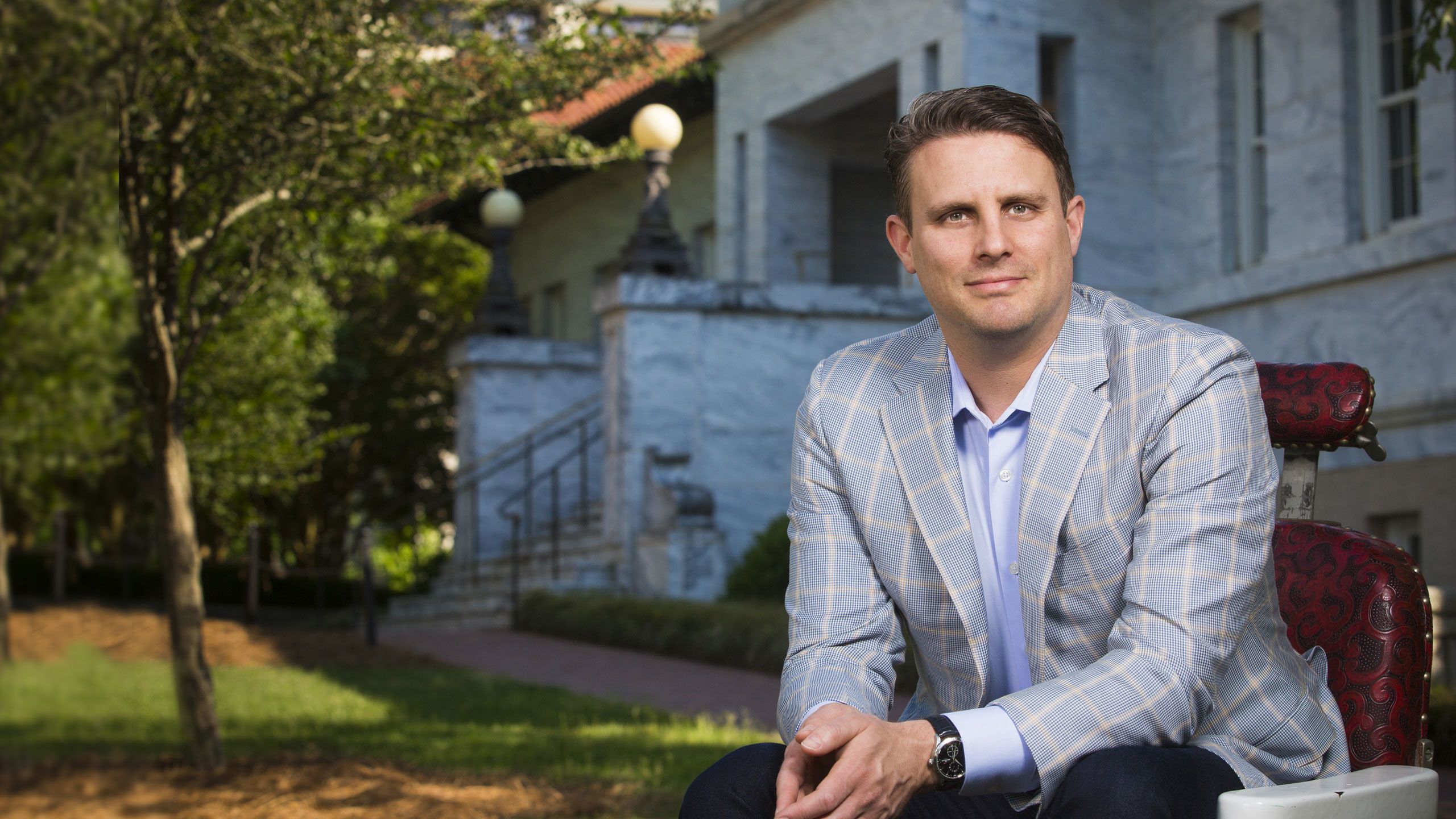
For Emory grad Michael Dubin, founder of Dollar Shave Club, improvisation paid off
Michael Dubin 01C was chatting with a friend’s father-in-law at a cocktail party when he learned about a warehouse full of razor blades that needed to get sold.
After eight years of studying sketch comedy and improv, Dubin knew how to think fast, knew an opening when he saw one, and knew the value of running with an idea.
His company, Dollar Shave Club, launched in 2011 with a marketing video that went viral, setting the tone for the subscription-based venture and giving Dubin rock star status among business entrepreneurs. Five years later, he sold it to Unilever for $1 billion.
In his Commencement speech to Emory’s 2018 graduates, Dubin told them life is all about choices—and if you always follow the script, you could miss an opportunity to improvise.
Want to learn more about Emory?
Please visit Emory.edu and the Emory News Center.


